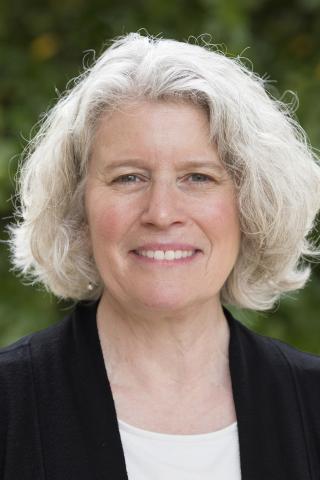When Board Members Won’t Talk Back
Jean Jett has been waiting all month for the regular public comment period at the city council meeting. She signed up to speak, and after waiting her turn, she stands at the podium facing the council members and says, “I am here on behalf of the musicians in town, and we want to know why the city has stopped allowing the Friday night jam sessions in central park. We have provided you with a petition signed by 300 citizens requesting that they be reinstated and the city has provided no justification or explanation for the sudden change in policy. Are you willing to reconsider this decision?” Silence. The board members stare back at her and the mayor says, “Thank you Ms. Jett. We appreciate your comment. Next person please.” Jean is nonplussed. The same thing happens with the next speaker. Can the board refuse to respond to the public or even answer a simple question?
The open meetings law allows members of the public to attend local government board meetings. As I noted in my blog post here, there’s nothing in the open meetings law that allows members of the public to speak at meetings. So although the law helps bring people together, it doesn’t really facilitate discussions between board members and their constituents. Public hearings (go here to learn when they are required), and the mandatory public comment period (which is described in a blog post here) provide forums for the public to speak to the board. A public hearing provides citizens the opportunity to provide input before the board takes action on a particular matter. Public comment periods, in contrast, offer a broader forum and are not restricted to any particular topic. Neither of these occasions, however, requires the board to engage in dialog with the speakers or answer specific questions. Indeed, it’s increasingly common for city and county public comment policies to state that board members will not respond to or engage in a dialog with speakers. Here is a typical example from an existing policy: “Public comment is not intended to require the council and/or staff to answer any impromptu questions. Speakers will address all comments to the entire council as whole and not one individual member. Discussions between speakers and members of the audience will not be permitted.” The lack of engagement resulting from such policies sometimes comes as a surprise to members of the public, who may see the public comment period as an opportunity to engage in a dialog with board members, or even to call members out and demand a response. It’s my impression – I’ve not done a study or survey on this issue – that the primary purpose of these policies is to provide an efficient process for hearing as many comments as possible. The policy prioritizes the public comments, recognizing that it is not feasible to discuss and resolve all of the issues raised by the speakers during the public comment period. The “no response” policy may also be a tool for preventing arguments or altercations from erupting during meetings. It won’t come as a surprise to readers that people sometimes use the public comment period to complain about government or to criticize individual board members or employees. Since it may be human nature to react and become defensive in such situations, some boards have concluded that saying nothing is better than using the board meeting as a venue for hashing things out. And although some policies request that speakers refrain from personal attacks, the authority to restrict what people can say during a public comment period is quite limited. As I noted in my blog post here, the First Amendment protects even unpleasant and critical speech in a public forum. A board’s refusal to engage in dialogs with speakers during public comment periods doesn’t necessarily mean it can’t or won’t be responsive to constituents’ concerns and questions. Policies sometimes note that it’s up to the board to decide whether to take action on issues raised during the public comment period. Some matters may be referred to staff, while others may be discussed after the public comment period, or placed on the agenda for another meeting. It’s probably a good idea for board members to explain their policies before each public comment period. This practice would put speakers on notice that they should not expect responses from the board on the spot. In addition, boards might consider establishing a process for following up with speakers in cases where the unit of government is willing to provide information or take action in response to issues and questions raised during the public comment period.



